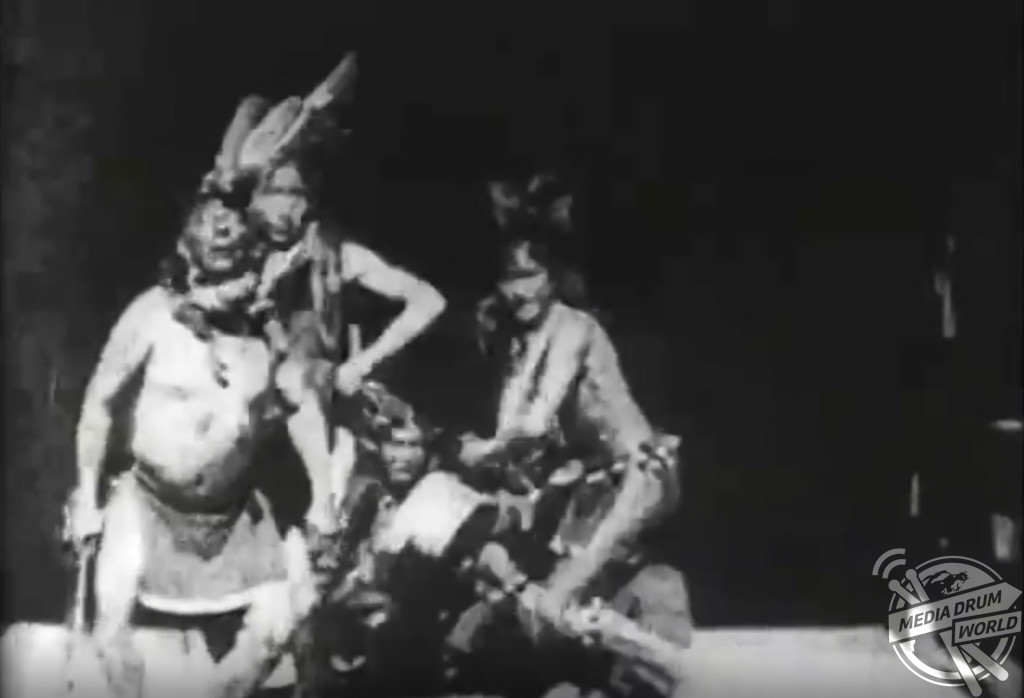
By Tom Dare
AN INCREDIBLE VIDEO and photos of Native Americans dancing for the US President sheds light on discrimination in the United States at the turn of the 20th century.
Video clips from the late 1800s show members of the Sioux tribe, one of the largest Native American tribes in the U.S, performing a traditional Sioux ghost dance as part of a Wild West show, before going on to perform a Buffalo dance in what were some of the earliest video recordings ever taken.
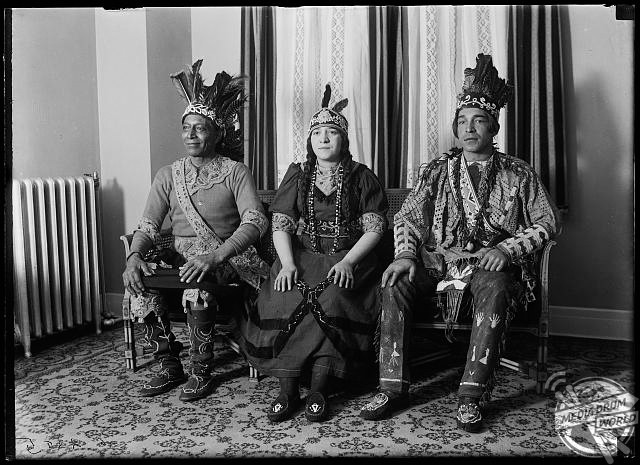
And later in the video the Hopi Indians can be seen performing a ‘snake dance’ in 1913 for then President Theodore Roosevelt while scores of people look on from the side-lines. It was Roosevelt who famously said of Native Americans: “I don’t go so far as to think that the only good Indians are the dead Indians, but I believe nine out of every 10 are.
“And I shouldn’t like to inquire too closely into the case of the tenth.”
The video is a stark reminder of the role of Native Americans in the United States at the turn of the 20th century.
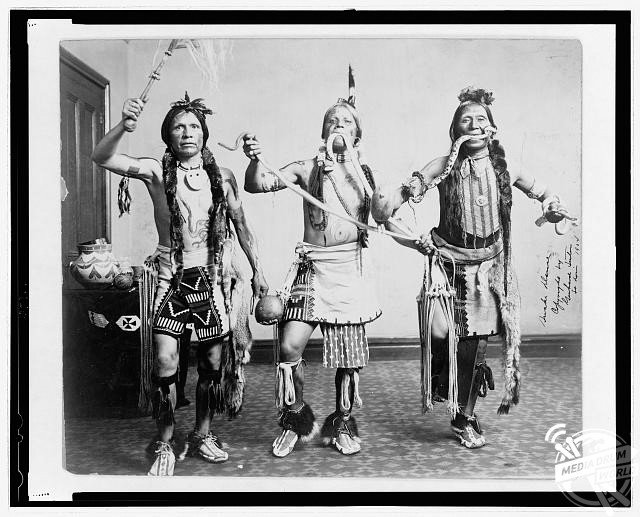
After years of war and bloodshed had effectively left the Native American tribes defeated, white Americans saw them far more as an attraction than as a community of people with an historic right to live in their country. Nothing showcased this more than the Wild West shows that began to spring up toward the end of the 19th century, headed up by a man known as William Frederick Cody.
Cody, known today as Buffalo Bill, had noticed a fascination amongst the general public with the American ‘Wild West’, and decided to cash in on the myths of cowboys, Indians and outlaws by staging his own ‘Wild West’ shows.
The shows featured extravagant portrayals of the American frontiers, with ‘Bill’ employing genuine members of several Native American tribes to perform their traditional ceremonies and dances for a paying audience.
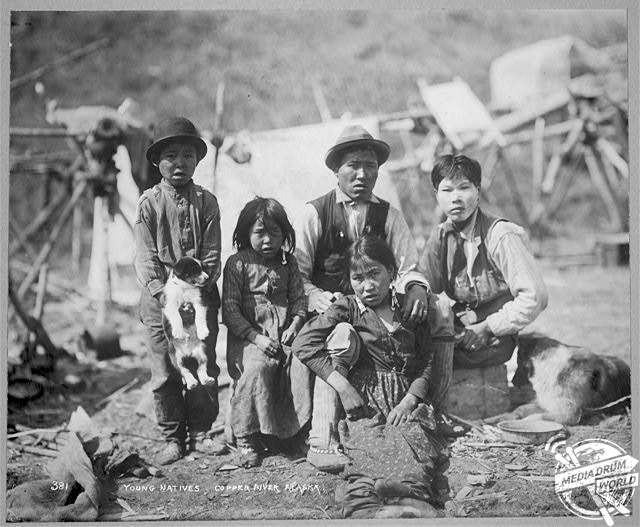
The systematic persecution of Native Americans by the white settlers had left what little Natives remained with few options, the best of which perhaps was to become part of mainstream society in an attempt to adjust to modern life.
Many people’s understanding of Native American culture was therefore limited to what they saw in these shows, made evident by President Roosevelt requesting a traditional Native American dance be performed for him as he made his way through Arizona with his sons.
Today Native Americans do have designated reservations in the U.S. and Canada, where the land belongs to them alone, but it is seen by many as scant consolation for the years of suffering they endured at the hands of white settlers.
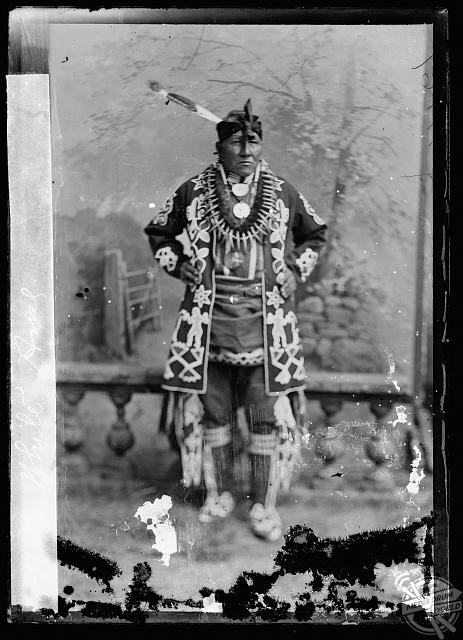
Last week marked the tenth anniversary of United Nations Declaration on the Rights of Indigenous People, which intends to protect the individual and collective rights of more than 370 million indigenous people living across the world today.






